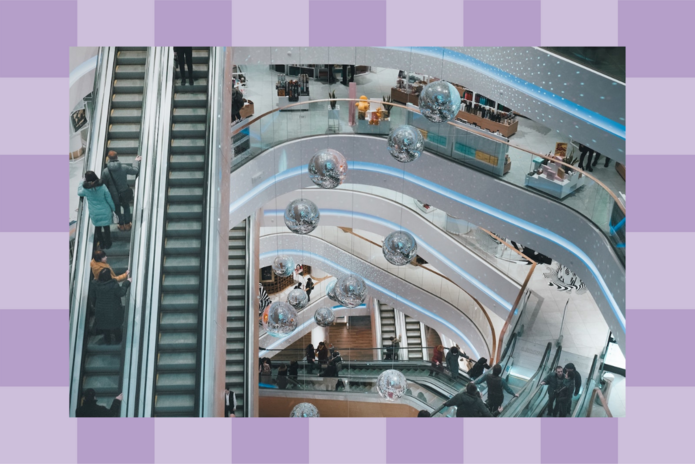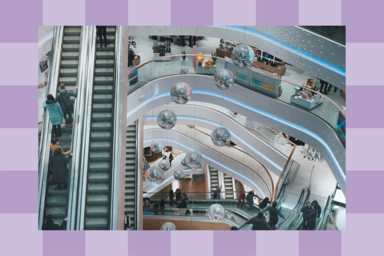The Friday after Thanksgiving is notorious for one thing, and one thing only: Black Friday, a day in which countless companies put on extravagant sales and deals and consumers finish off their gift shopping for the holidays. A day of “shop ‘til you drop.” Fanatics of the holiday even get up at the crack of dawn and hit the mall, returning home hours later with bagfuls of store bought items and hundreds of dollars drained from their bank accounts.
Although Black Friday’s mass consumerism and commercialized shopping practices have ben around since the 1950s, is it now becoming cheugy for Gen Z? I think yes.
Yes, Black Friday is financially straining on college students’ budgets, but it’s also extremely detrimental to the environment, an issue that is front of mind for Gen Z. According to the Pew Research Center, Gen Z is one of the most active generations in advocating for climate change both on and offline. In 2018, the United States Postal Service predicted they would make nearly 16 billion deliveries during the holiday season, and that number largely stemmed from holiday shopping done on Black Friday.
With the added layer of the COVID-19 pandemic, many consumers have now opted to do the bulk of their holiday shopping online, contributing to the massive influx of shipping rates and deliveries. In fact, shipping makes up over 3% of annual global carbon dioxide emissions. Additionally, shipping also contributes to tons of plastic waste from packaging materials — and as we all know, plastic is one of the most harmful materials for the environment as it doesn’t naturally degrade.
Even with environmental concerns aside, Black Friday also promotes the idealized notion of mass consumerism, an idea that many Gen Z’ers have started to reject. As consumers, Gen Z are more likely to be interested in a brand’s mission and values, which influences their spending habits and typically makes them more wary of hyperconsumption. Mass consumerism has many negative effects, including leading to a misuse of land and resources, transporting pollution and waste from affluent countries to poorer countries, and fueling social and economic disparities in terms of wealth. And because a huge bulk of Gen Z cares deeply about social issues, they’re aware of these problems and don’t want to contribute to them.
Obviously, it’s okay to do a little holiday shopping for your friends and family members or indulge in a sale from your favorite brand from time to time. But it is our responsibility as consumers to be aware of our spending habits and how they affect the environment and the ongoing issue of mass consumption. This Black Friday, instead of draining the bank and buying things you don’t really need, shop consciously and sustainably. Be aware of what you’re buying, and before making an impulse purchase, think to yourself: Do I really need this? Am I just getting this because it’s on sale, or do I actually like it and will use it? Shop from and support local, sustainable, and BIPOC-owned businesses on Black Friday, instead of fast fashion brands or big corporations. Or, opt out altogether and try DIY-ing holiday gifts — homemade presents are usually the most thoughtful, after all.
As consumers, we have to be aware of the role we are playing in contributing to both climate change and mass consumerism — and fortunately, Gen Z is already getting started. Let’s keep up the momentum and declare Black Friday cheugy this year, once and for all.


